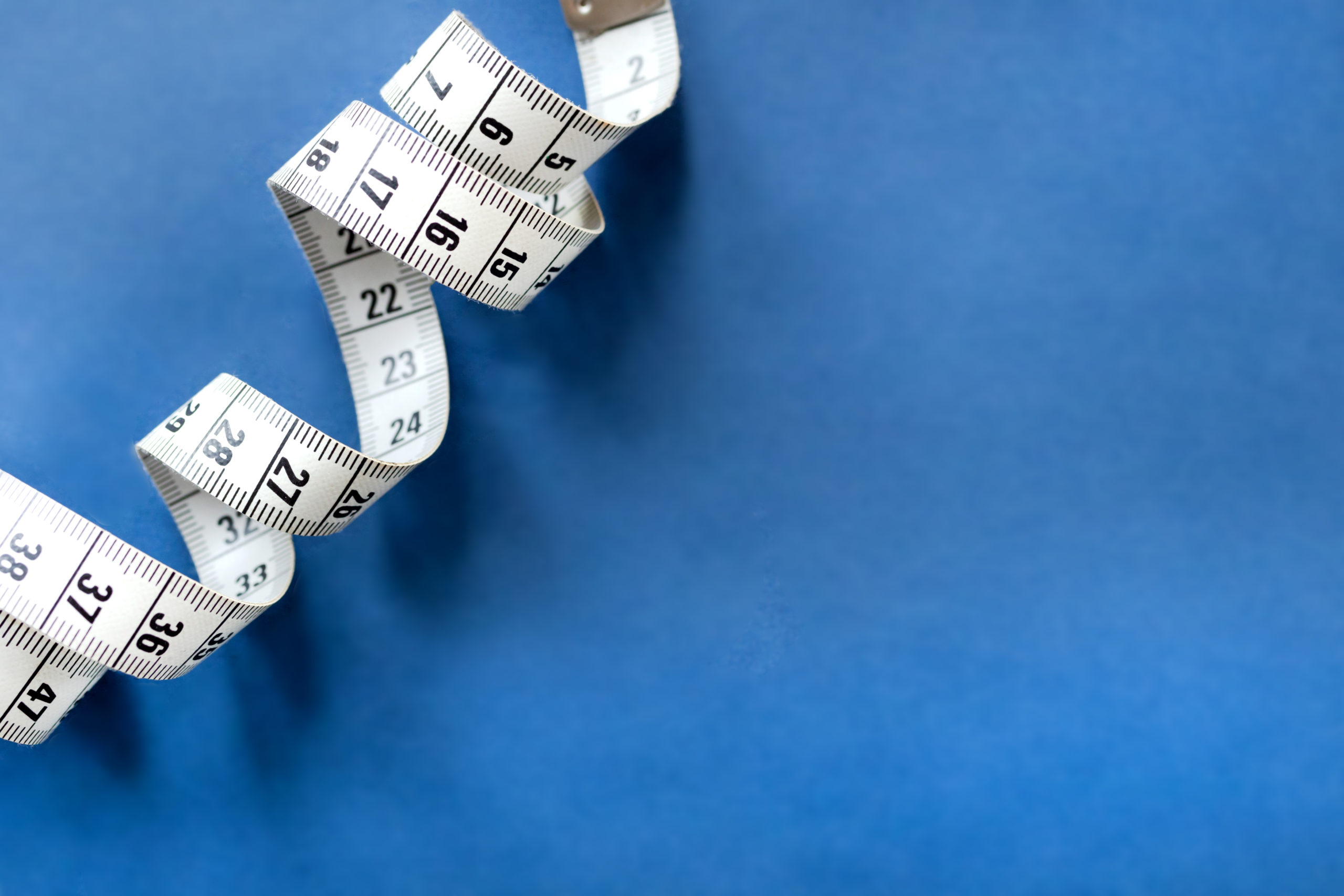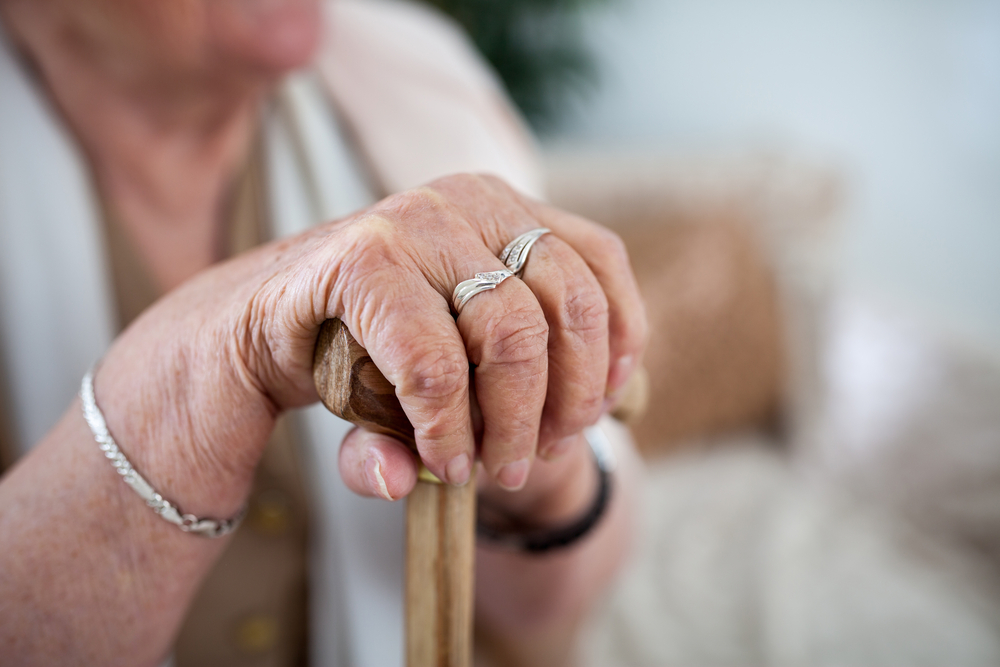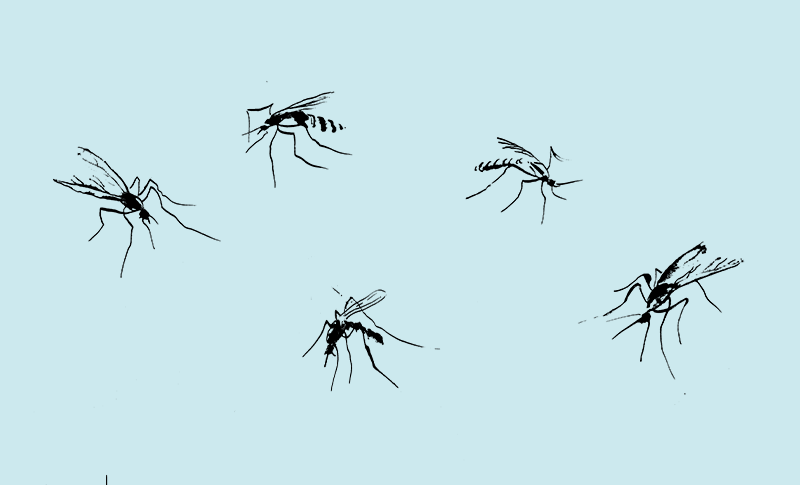Obesity appears to be unstoppable. We gain weight because we overeat, which makes eating less the obvious solution. That is quite a challenge in an environment where food is readily available. Nutrition technologist Meinou Corstens takes a different approach. She investigates whether food can be modified to create a feeling of satiation sooner.
Corstens is one of the ten WUR researchers who received an NWO Veni grant. The three hundred thousand euros enables Corstens to study how food can be modified to take longer to digest in the gastrointestinal tract. Such a delay causes us to feel “full” for longer, preventing us from snacking soon after a meal.
Ultra-processed
‘I am fascinated by how the body digests food’, Corstens says. ‘And how different foodstuffs with the same compositions have different effects on satiation.’ These differences are caused by the food’s structure. Corsten’s hypothesis is that ultra-processed food with the correct structure increases satiation. ‘I want to design food with a structure that prompts a sense of satiation.’
I want to accelerate the study from one to several hundred digestions per day
Meinou Corstens, Food Process Engineering
She will test this by offering test subjects food with the same nutritional values but different levels of processing. ‘Making ultra-processed food with the same or increased level of structure, satiation can increase. The structure can be adjusted by altering the size of the drops of fat, for example. Or introducing proteins as a gel, which delays the uptake of enzymes.’
‘I consider the differences in structure at various scales’, Corstens continues. ‘Starting with macrostructure. How hard food is determines how long you chew and thus, how much you eat. On a micro scale, it’s about how fast the enzymes can digest the food. If something takes longer to digest, you stay “full” longer. Digestion kinetics determine the degree of satiation.’
10 Venis
In the latest round, WUR obtained no less than ten NWO-funded Veni grants. The young researchers are each awarded three hundred-thousand euros over a three-year period to implement their research proposal. The NWO awarded a total of 174 grants. At WUR the grants were obtained by Meinou Corstens, Kelley Leung, Julia Möller, Mareike Smolka, Jasper Candel, Pieter Candry, Joao Marques Garcia, Annemerel Mol, Thomas Wagner and Pim Willemsen. A brief description of their research proposals can be found here.
In addition to testing on humans, Corstens intends to develop an artificial digestive system to test and develop food products. ‘We currently simulate the digestion in the lab using digestive juices in a beaker or with an advanced digester which emulates the peristaltic movements crucial to the evolution of food structure during digestion.’
Peristalsis
The combination of both digesters is intended to elevate Corsten’s research on digestion. ‘I want to accelerate the study from one to several hundred digestions per day while also making it more accurate by including peristalsis in the study. That will yield a much larger dataset, which is needed to map the complex influence of food processing and structure on the speed of digestion.’

 Photo Shutterstock
Photo Shutterstock 

